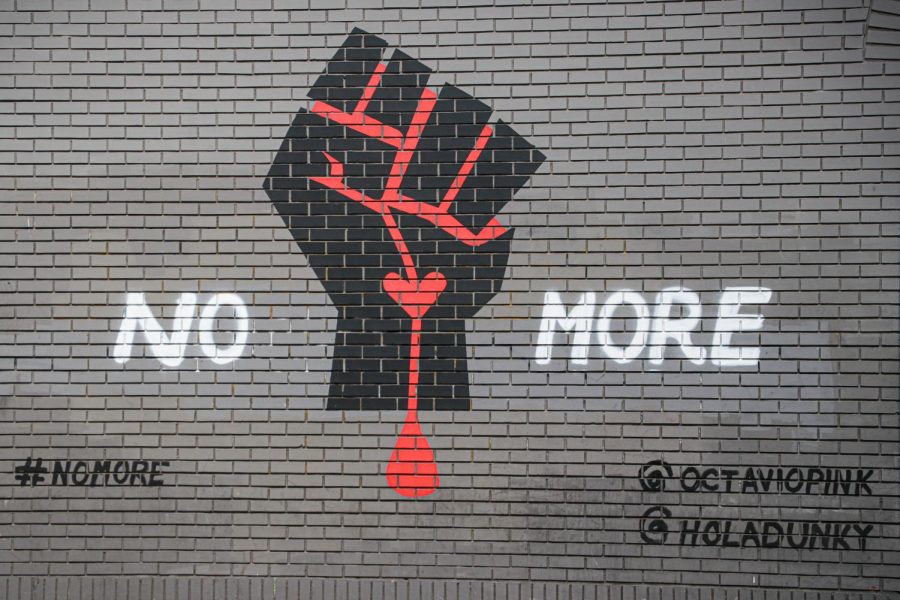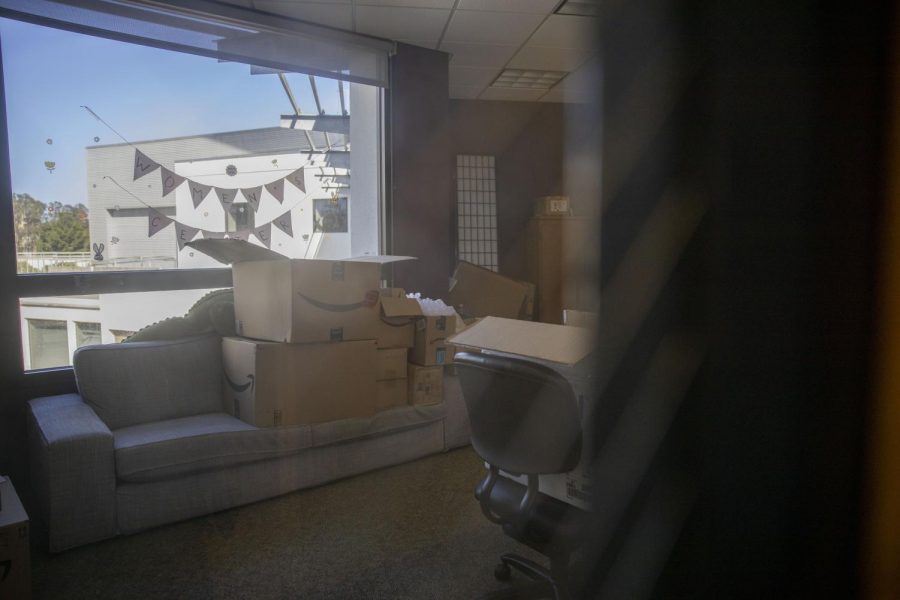
***Note: A previous version of this article had a quote from Ben Gharagozli, one of Dr. Rabab Abdulhadi’s attorneys, that was inaccurate. The article has since been changed to reflect accurate information from Gharagozli.
*** Additional reporting by Nicole Ortega.
The lawsuit filed by SF State alumni and current students against the University, including an SF State professor in her individual capacity, was dismissed today.
After back-to-back arguments over the right of the First Amendment, Judge William H. Orrick, of the U.S. District Court, decided to have the plaintiff file another motion because he believed the plaintiffs were not specific enough to prove the context of what their complaint was actually about.
One of the attorneys of Dr. Rabab Abdulhadi, the SF State professor who is a defendant in the lawsuit, Ben Gharagozli, said that if the plaintiffs use the same definition of antisemitism they used in this hearing for their new complaint, the defendants would ask the definition to be stricken from the complaint.
According to Palestine Legal lawyer, Liz Jackson, who curated Abdulhadi’s press release, if the plaintiffs decide to submit another complaint, “it will be their third try.”
Orrick wanted to give the plaintiff another opportunity to bring their case before the graduation of one of the plaintiffs, who is still attending SF State.
Abdulhadi’s press release said that “[t]he purpose of this lawsuit is what the Lawfare Project said it was – to silence people who challenge Israel’s colonial and racist policies. It is an attempt to silence anyone who dissents from the status quo on Palestine/Israel. It’s an attempt to pick up where the pro-Israel network has previously failed, namely to get rid of me and dismantle advocacy for justice in Palestine at SFSU. We are so grateful this case is dismissed because we want to get back to the business of educating for social justice.”
Abdulhadi was the only faculty member from SF State who attended.
Gharagozli said that there were some issues with the council, to which, he could not elaborate on, but this issue was another reason why they decided to try to dismiss the claim.
After the hearing, J. Elizabeth Smith, associate vice president for SF State’s Marketing and Strategic Communications, released a statement on behalf of the University.
“The University strongly disagrees with the allegations in the complaint and is pleased that Judge Orrick recognized the plaintiffs’ claims that the University discriminated against them based on their Jewish identity and that the University has been indifferent to their concerns about anti-Semitism are not viable. Should the plaintiffs file a new complaint, we will evaluate it and take appropriate steps to address it with the Court.”
Abdulhadi has been enduring the lawsuit without the help and resources of the CSU administration.
Abdulhadi said that this neglect is also apparent in her work in academia.
“Why do they not fund the Arab and Muslim Ethnicities and Diasporas program and why is there only one faculty member?” asked Abdulhadi.
The Lawfare Project issued the following statement in a press release:
“Today’s hearing made clear that this is important litigation will get the time and attention it deserves, ensuring that our clients are able to continue their pursuit of justice. For far too long, SF State administrators and faculty members have knowingly and systematically fostered and engaged in discrimination against the University’s Jewish student population, as well as the wider Jewish community.”

Gharagozli said he is happy with the outcome too, and he is confident that the outcome of the next complaint will be the same because he believes their case is faulty and full of errors and lies.
“Why do we want to go home and say we beat them once? Let’s beat them again and again so that they don’t ever go back to the courthouse or any other courthouse and try to do this again,” said Gharagozli. “We must teach them a lesson.”





